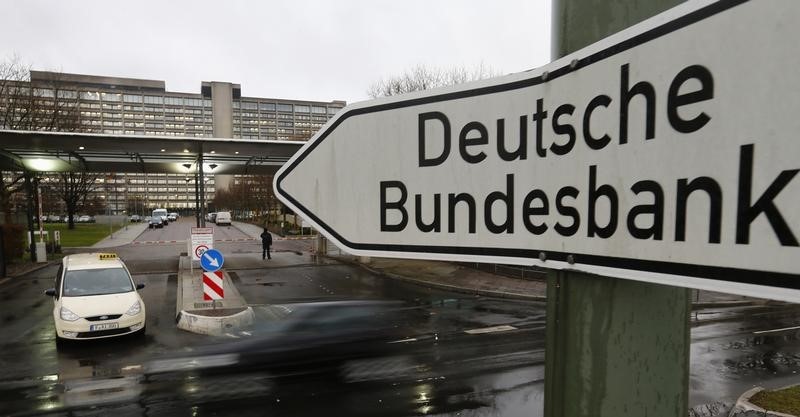By John O'Donnell
FRANKFURT (Reuters) - The Bundesbank said on Monday that property in German cities was overpriced, in its clearest warning yet of the risks facing home buyers as migrants and low borrowing costs push up demand in Europe's economic powerhouse.
Unlike London and Dublin, which have seen prices seesaw over decades, German cities such as Frankfurt and Hamburg have historically been stable, with only modest price increases.
This trend, however, has changed in recent years as low interest rates make it cheaper to borrow. At the same time, low rates prompt savers, frustrated by dwindling returns, to spend on ever-more-expensive property.
In its monthly report, the Bundesbank broke with its typically reserved stance to highlight a risk that city apartments in particular, which have risen by about 6 percent annually for six years running, are overvalued.
The price of a 100-square-metre apartment in Frankfurt's fashionable west end, for example, is now about one million euros.
"Apartments in the big cities continue to show the biggest overvaluations," the central banks' experts wrote, flagging a trend uninterrupted by new laws in Germany that limit rent increases.
The arrival of more than one million refugees to Germany last year is heightening demand, especially in cities.
"In the future, the strong migration of refugees will be reflected in the availability of apartments as well as having a moderate impact on the rate of property price rises," the bank wrote in its monthly report.
Experts believe the rise in property prices is partly explained by the European Central Bank's 1.5 trillion-euro bond-buying programme, which puts more money into circulation while depressing returns on many investments.
